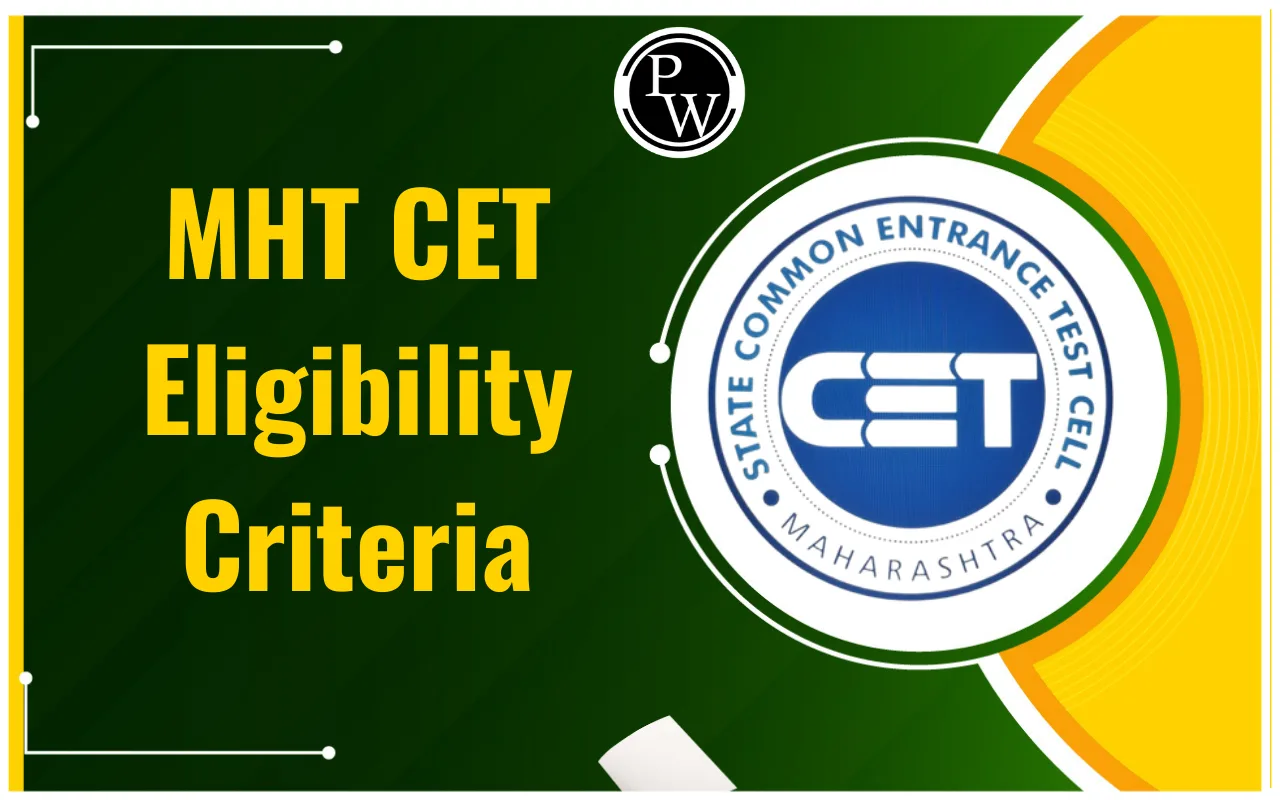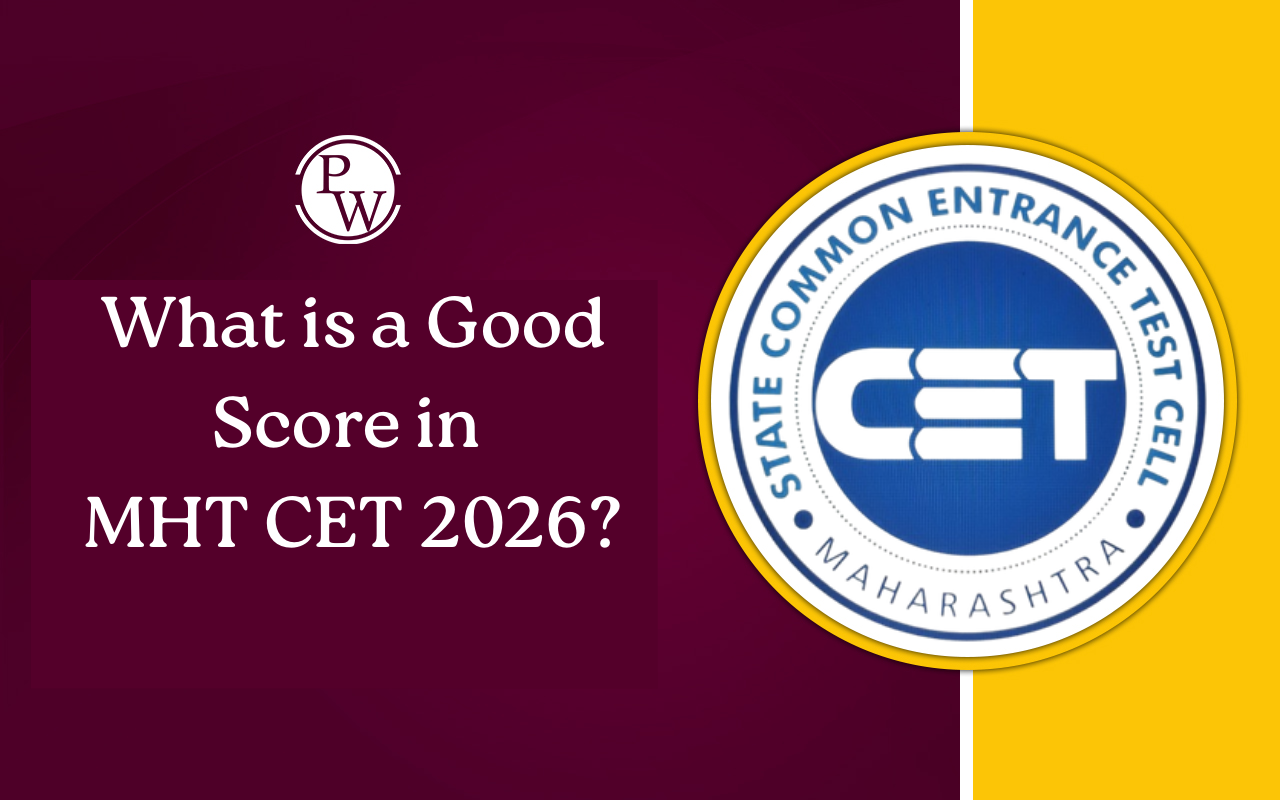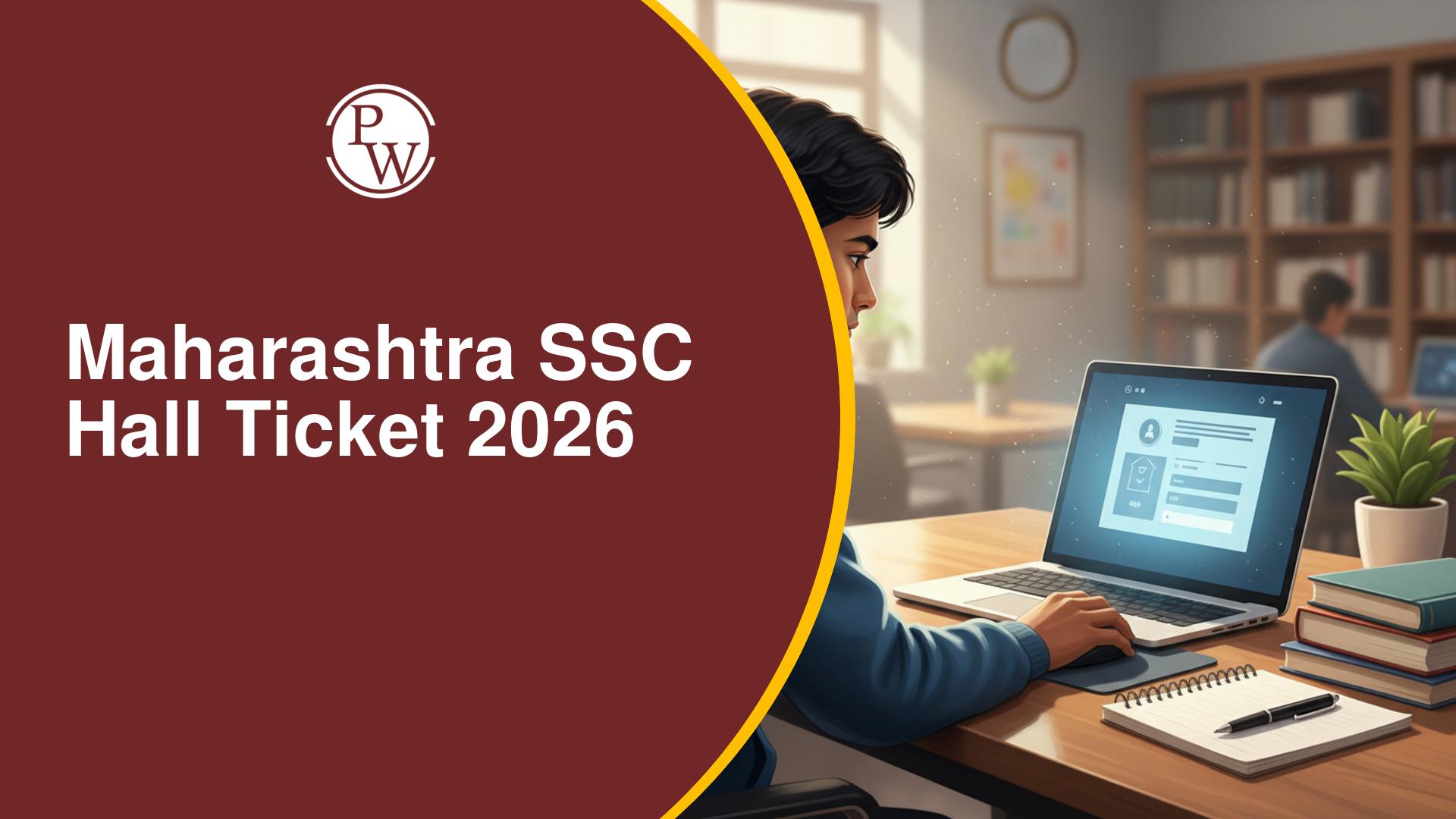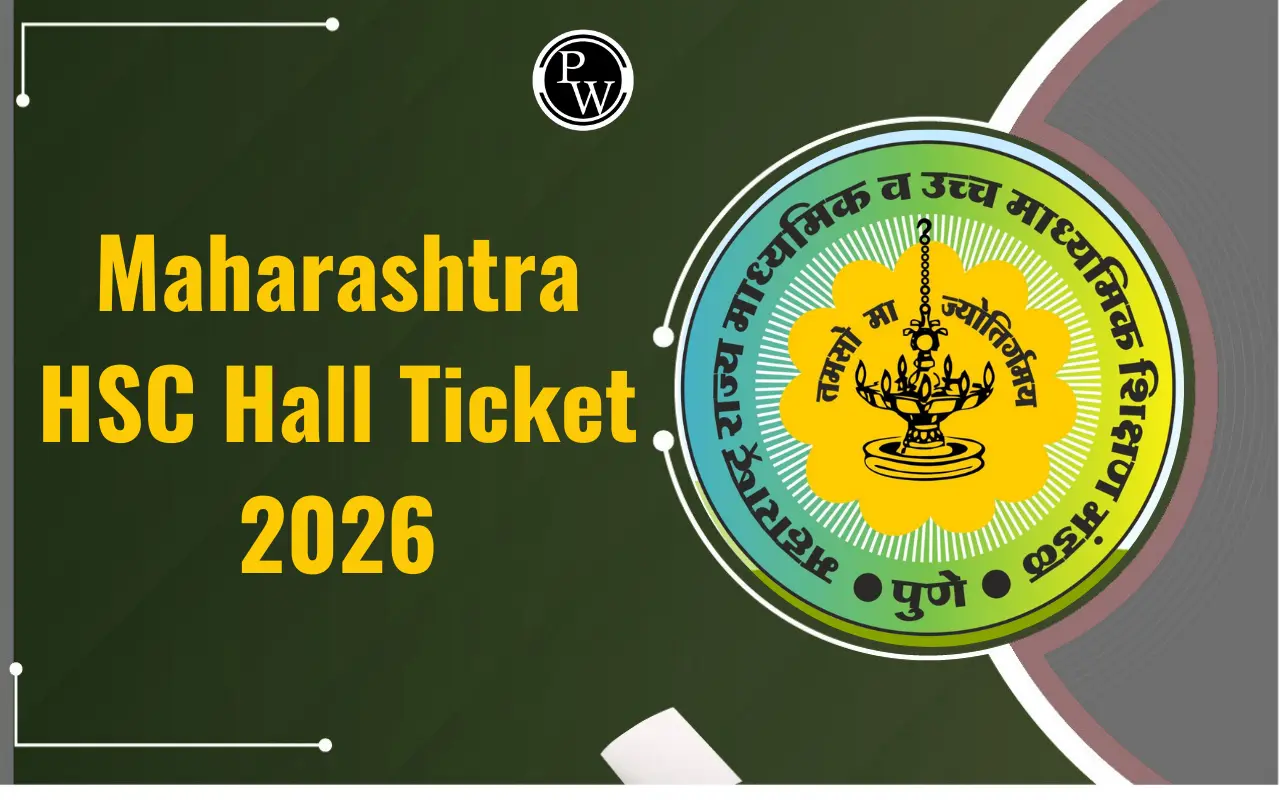
Maharashtra HSC Physics Weightage 2025 : Preparing for the Maharashtra HSC Physics Exam 2025, scheduled from February 11 to March 11, 2025 , requires a strategic approach to the Maharashtra HSC Physics Syllabus .
The theory paper is allocated 70 marks , with the remaining 30 marks dedicated to practical assessments. Understanding the chapter-wise weightage is crucial for effective preparation. Key units such as Rotational Dynamics, Mechanical Properties of Fluids, and Kinetic Theory of Gases and Radiation carry significant weight. Focusing on these high-weightage chapters enables students to prioritize their study time efficiently, ensuring a comprehensive grasp of essential topics. This targeted preparation aligns with the exam's structure, enhancing the potential for achieving higher scores.Maharashtra HSC Physics 2025 Overview
The Maharashtra HSC Physics 2025 exam evaluates students' understanding of the subject through a combination of theoretical and practical components. A well-structured approach to preparation is essential to excel in this exam.| Maharashtra HSC Physics 2025 Overview | |
|---|---|
| Aspect | Details |
| Exam Name | Maharashtra HSC Physics 2025 |
| Board | Maharashtra State Board of Secondary and Higher Secondary Education |
| Subject | Physics |
| Exam Mode | Offline (Pen and Paper) |
| Question Types | MCQ, VSA, SA-I, SA-II, LA |
| Total Marks | 100 (Written Exam: 80 marks, Practical: 20 marks) |
| Time Duration | 3 Hours |
| Paper Pattern | Includes multiple sections with weightage for theoretical and numerical concepts |
| Syllabus Coverage | Topics from Class 11 and 12 based on Maharashtra State Board Curriculum |
Maharashtra HSC Physics Weightage 2025
Understanding the weightage for different topics in Maharashtra HSC Physics 2025 is important for effective preparation. It helps students focus on key areas and allocate time efficiently for better results.| Maharashtra HSC Physics Weightage 2025 | |||
|---|---|---|---|
| Sr. No. | Chapters Name | Total Weightage With Options | Total Weightage Without Options |
| 1 | Rotational Dynamics | 7 marks | 5 marks |
| 2 | Mechanical Properties of Fluids | 7 marks | 5 marks |
| 3 | Kinetic Theory of Gases and Radiation | 7 marks | 5 marks |
| 4 | Thermodynamics | 7 marks | 5 marks |
| 5 | Oscillations | 5 marks | 4 marks |
| 6 | Superposition of Waves | 6 marks | 4 marks |
| 7 | Wave Optics | 7 marks | 5 marks |
| 8 | Electrostatics | 6 marks | 4 marks |
| 9 | Current Electricity | 6 marks | 4 marks |
| 10 | Magnetic Fields due to Electric Current | 6 marks | 4 marks |
| 11 | Magnetic Materials | 5 marks | 4 marks |
| 12 | Electromagnetic Induction | 7 marks | 5 marks |
| 13 | AC Circuits | 6 marks | 4 marks |
| 14 | Dual Nature of Radiation and Matter | 5 marks | 4 marks |
| 15 | Structure of Atoms and Nuclei | 6 marks | 4 marks |
| 16 | Semiconductor Devices | 5 marks | 4 marks |
| Total | 98 marks | 70 marks | |
Maharashtra HSC Physics Exam Pattern 2025
Maharashtra HSC Physics exam pattern 2025 is designed for testing theoretical knowledge through various question types and practical skills. Familiarity with the pattern is crucial for focused preparation.| Maharashtra HSC Physics Paper Pattern 2025 | |||
|---|---|---|---|
| Type of Questions | Marks for Each Question | Number of Questions | Total Marks |
| MCQ | 1 mark each | Question Number 1 (i to x) | 10 marks |
| VSA | 1 mark each | Question Number 2 (i to viii) | 8 marks |
| SA-I | 2 marks each | Question Number 3 to 14 | 24 marks |
| SA-II | 3 marks each | Question Number 15 to 26 | 36 marks |
| LA | 4 marks each | Question Number 27 to 31 | 20 marks |
Maharashtra HSC Physics 2025 Preparation Tips
Understand the Syllabus Thoroughly
- Go through the complete syllabus provided by the Maharashtra Board.
- Divide the topics into three categories: high-weight, moderate-weight, and low-weight.
- Identify chapters that have both theoretical and numerical components, such as Thermodynamics and Current Electricity.
Create a Comprehensive Study Schedule
- Design a month-wise and week-wise timetable that covers all chapters.
- Allocate more time to difficult and high-weightage topics like Rotational Dynamics and Wave Optics.
- Reserve the last month for intensive revision and mock tests.
Master the Fundamentals
- Write down important formulas, their derivations, and applications for each chapter.
- Focus on understanding the physics behind formulas like Ohm’s Law and Kirchhoff's Laws.
- Use real-world examples to understand abstract concepts such as electromagnetic waves.
Practice Numerical Problems Regularly
- Solve numerical problems daily, starting with easy ones and progressing to advanced-level problems.
- Focus on frequently asked problem types like heat transfer, resistance calculations, and motion in a straight line.
- Use PW Study Study Material for numerical practice.
Analyze Previous Year Question Papers
- Study question papers from the last 5–7 years to understand recurring patterns and frequently asked topics.
- Highlight topics like Work, Energy, and Power or Semiconductor Devices that appear almost every year.
- Practice solving these papers under exam-like conditions to improve time management.
Strengthen Diagrams and Derivations
- Practice drawing and labelling diagrams like magnetic field lines, circuit diagrams, and ray optics sketches.
- Memorize derivations step-by-step for key topics such as energy conservation in oscillatory motion or the derivation of resistivity.
Take Mock Tests
- Schedule weekly mock tests to evaluate your preparation.
- Use a mix of full-length papers and topic-specific tests to identify weak areas.
- Focus on improving accuracy and reducing negative marking in MCQs.
Revise Strategically
- Create concise revision notes for each chapter, highlighting formulas, key concepts, and common errors.
- Review diagrams, and derivations, and solve problems regularly.
- Focus on chapters like Electrostatics and Magnetic Effects of Current, which are conceptually dense.
Manage Time Effectively During the Exam
- Begin with questions you find easy to build confidence.
- Allocate time for each section and keep 15 minutes for final review.
- Use a structured approach for numerical problems: write the given data, formula, substitution, and final answer.
| Links Related to MHT CET 2025 | |
| MHT CET 2025 | MHT CET Apply Online |
| MHT CET Syllabus | MHT CET Eligibility Criteria |
| MHT CET Previous Year Question Papers | |
Maharashtra HSC Physics Weightage 2025 FAQs
Why is it important to know the chapter-wise weightage for Maharashtra HSC Physics 2025?
Knowing the weightage helps in prioritizing topics, allowing students to focus more on chapters that carry higher marks, thereby optimizing study time and improving scores.
Which chapters have the highest weightage in the Maharashtra HSC Physics 2025 exam?
Chapters like Rotational Dynamics, Mechanical Properties of Fluids, Kinetic Theory of Gases and Radiation, and Thermodynamics each carry a weightage of 7 marks with options and 5 marks without options.
How is the theory paper structured in terms of question types and marks distribution?
The theory paper includes Multiple Choice Questions (MCQs), Very Short Answer (VSA), Short Answer-I (SA-I), Short Answer-II (SA-II), and Long Answer (LA) questions, with a total of 98 marks with options and 70 marks without options.
What is the significance of understanding the marks distribution with and without options?
The 'with options' weightage indicates the total marks including optional questions, while 'without options' shows the marks for compulsory questions. This helps in understanding the minimum marks a chapter contributes.
Where can students find the official chapter-wise weightage and marking scheme?
The Maharashtra State Board of Secondary and Higher Secondary Education publishes the official weightage and marking scheme, which can be accessed through their official notifications or trusted educational websites like PW
🔥 Trending Blogs
Talk to a counsellorHave doubts? Our support team will be happy to assist you!

Free Learning Resources
PW Books
Notes (Class 10-12)
PW Study Materials
Notes (Class 6-9)
Ncert Solutions
Govt Exams
Class 6th to 12th Online Courses
Govt Job Exams Courses
UPSC Coaching
Defence Exam Coaching
Gate Exam Coaching
Other Exams
Know about Physics Wallah
Physics Wallah is an Indian edtech platform that provides accessible & comprehensive learning experiences to students from Class 6th to postgraduate level. We also provide extensive NCERT solutions, sample paper, NEET, JEE Mains, BITSAT previous year papers & more such resources to students. Physics Wallah also caters to over 3.5 million registered students and over 78 lakh+ Youtube subscribers with 4.8 rating on its app.
We Stand Out because
We provide students with intensive courses with India’s qualified & experienced faculties & mentors. PW strives to make the learning experience comprehensive and accessible for students of all sections of society. We believe in empowering every single student who couldn't dream of a good career in engineering and medical field earlier.
Our Key Focus Areas
Physics Wallah's main focus is to make the learning experience as economical as possible for all students. With our affordable courses like Lakshya, Udaan and Arjuna and many others, we have been able to provide a platform for lakhs of aspirants. From providing Chemistry, Maths, Physics formula to giving e-books of eminent authors like RD Sharma, RS Aggarwal and Lakhmir Singh, PW focuses on every single student's need for preparation.
What Makes Us Different
Physics Wallah strives to develop a comprehensive pedagogical structure for students, where they get a state-of-the-art learning experience with study material and resources. Apart from catering students preparing for JEE Mains and NEET, PW also provides study material for each state board like Uttar Pradesh, Bihar, and others
Copyright © 2026 Physicswallah Limited All rights reserved.







